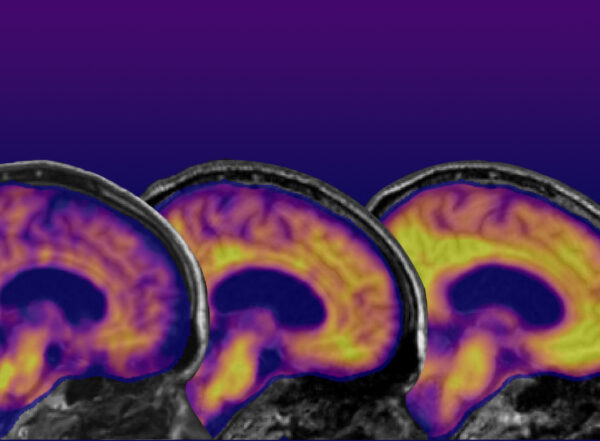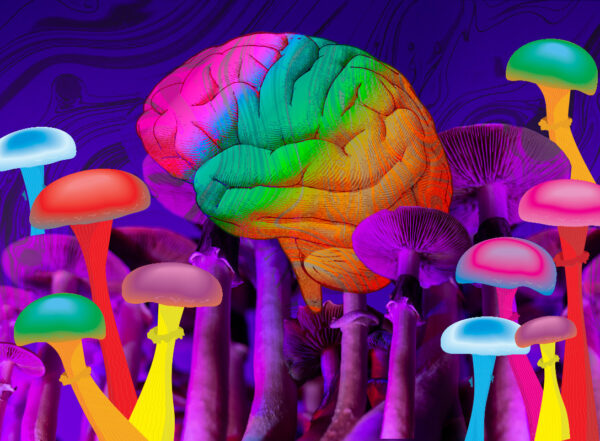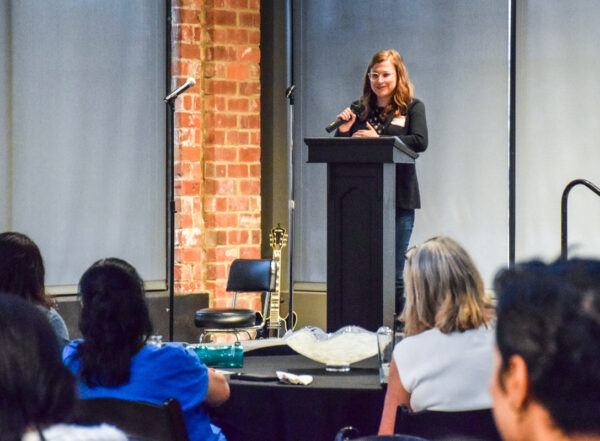Latest Episode

August 4, 2023
Podcast: Newly approved drug may slow progression of Alzheimer’sThis episode of 'Show Me the Science' focuses on approval of a drug that attacks a key protein that contributes to dementia from Alzheimer’s disease.
Listen Now












